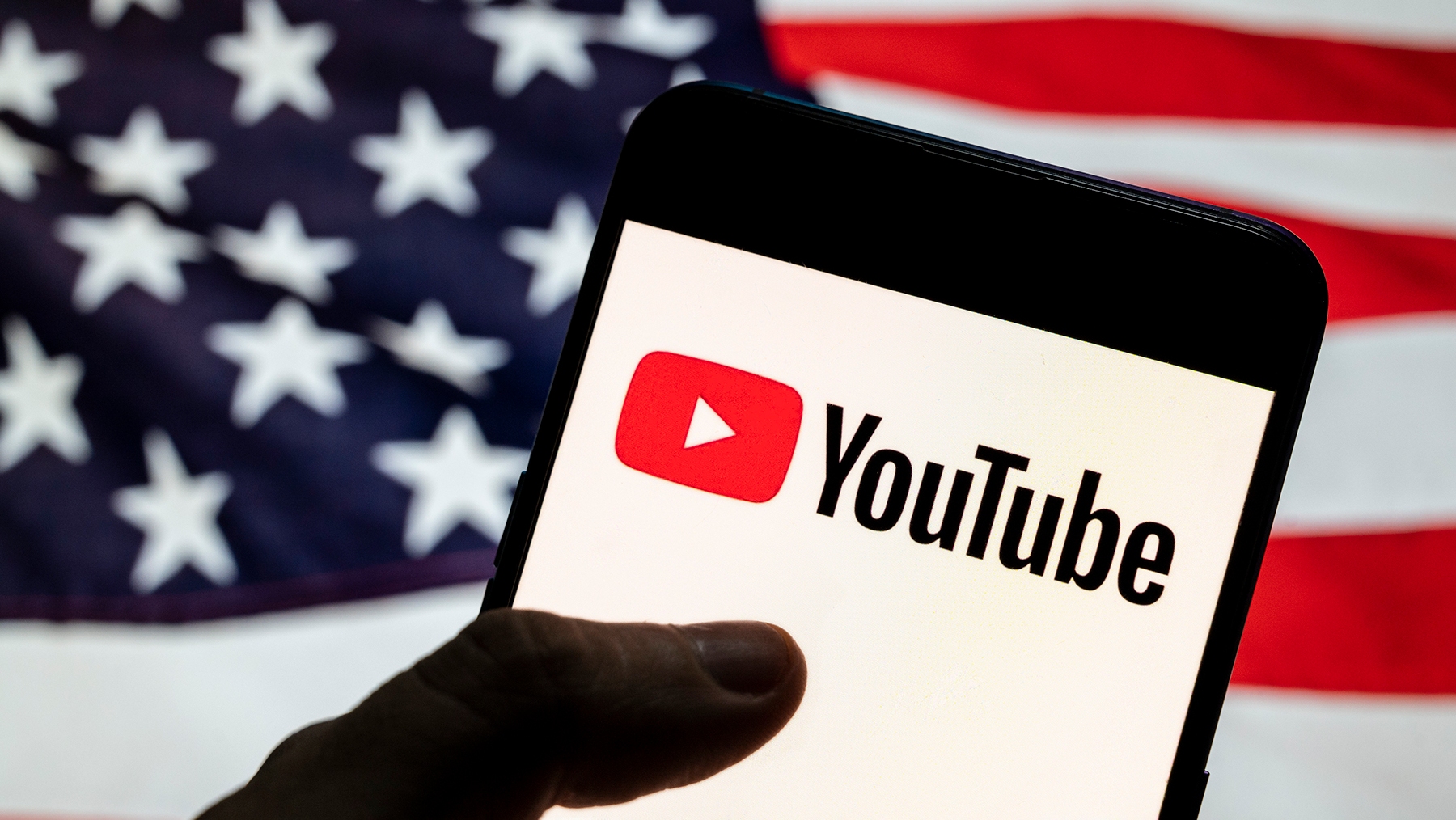YouTube Nukes Policy Banning Election Denialism

Donald Trump never stopped claiming that the 2020 election was stolen from him. He’s actually made it a key plank of his effort to take back the presidency in 2024. One would hope that social media companies would make it harder, not easier, for these lies to be spread, but on Friday YouTube announced it is reversing its content moderation policy banning election denialism.
“The ability to openly debate political ideas, even those that are controversial or based on disproven assumptions, is core to a functioning democratic society — especially in the midst of election season,” wrote the company in an announcement of the change, which was first reported by Axios.
“In the current environment, we find that while removing this content does curb some misinformation, it could also have the unintended effect of curtailing political speech without meaningfully reducing the risk of violence or other real-world harm,” the announcement continued. “With that in mind, and with 2024 campaigns well underway, we will stop removing content that advances false claims that widespread fraud, errors, or glitches occurred in the 2020 and other past US Presidential elections.”
YouTube, like many other social media companies, implemented policies in the aftermath of the 2020 election aimed at curbing the metastatic spread of conspiracy theories promoted by Trump and his allies. Trump himself was banned by a slew of platforms, including YouTube, when his rhetoric culminated in his supporters storming the Capitol on Jan. 6, 2021. Despite Trump not having changed his stance on the election in the slightest, YouTube argued that it had “carefully evaluated the continued risk of real-world violence” and unbanned Trump earlier this year.
The company clarified on Friday that while content promoting baseless voter fraud conspiracy theories is allowed, content “aiming to mislead voters about the time, place, means, or eligibility requirements for voting; false claims that could materially discourage voting, including those disputing the validity of voting by mail; and content that encourages others to interfere with democratic processes,” is still banned. Go figure.
Just today, Trump wrote, falsely, on Truth Social — a platform he specifically created to skirt content moderation on other social media platforms — that the FBI and Department of Justice “ARE RUNNING THE DEMOCRATS 2024 PRESIDENTIAL CAMPAIGN. THIS IS ILLEGAL ELECTION INTERFERENCE!”
The former president has also, of course, been pushing the lie that the 2020 election was rigged against him. In May, during his first appearance on CNN in years, Trump began spouting claims of fraud just moments after his mic was activated.
One cannot separate Trump and Republicans’ false claims about the 2020 election from the wider climate of electoral misinformation. As the 2024 election approaches, the instances of fraudulent claims and disinformation will only increase, and platforms would do well to actually learn their lesson from the last time this happened, instead of giving bad actors the leeway to put on a repeat performance.
This article has been archived for your research. The original version from Rolling Stone can be found here.


